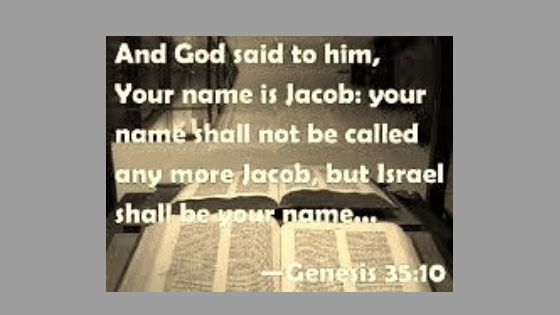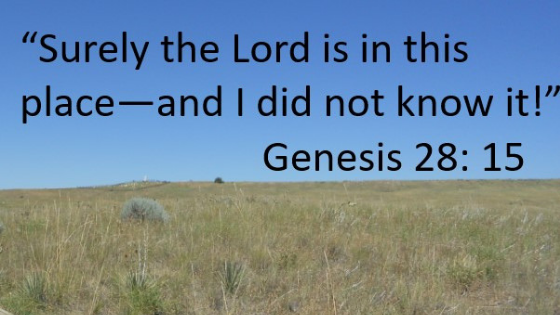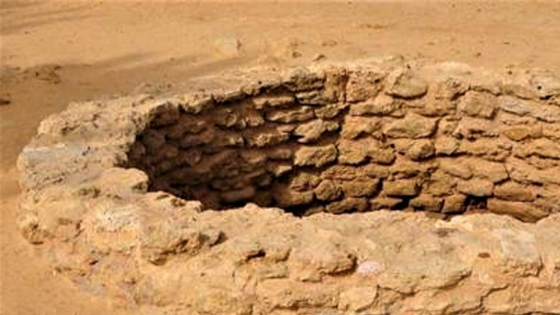
Shabbat Table Talk
Parashat D’varim Shabbat Shuvah 22 September 2017
Week of 17-23, September 2017
Torah portion: Deuteronomy 32:1-32 Haftarah: Hosea 14:2-10, Joel 2:15-27 and Micah 7:18-20
Today is Shabbat after Rosh Hashanah and before Yom Kippur. Shabbat Shuvah lies between the celebration of the New Year, yet reminds of repentance in preparation for the Day of Atonement. It seems that after Rosh Hashanah, we are immediately reminded that celebrating new life (nth chance), entails true teshuva (repentance).
The Torah reading is from D’varim is Moses’ poem during his last days. He summoned Israel to remember the time G-d cared for them, and never failed to feed them to their fill. However, Israel “grew fat, gross and coarse”, and forgot G-d as a result. Israel had to face the consequence of their transgressions. G-d withdrew, and allowed their enemies to devour them. When G-d saw the helplessness of Israel, the threshold of their misery, and that they finally realize their mistakes; G-d in turn vindicated them.
In the Haftarah, Hosea 14 opens with the call, “Return, O Israel, to the L-rd your G-d”. It is an invitation to see where their relationship with the L-rd stands. In Joel 2.20, the prophet strikingly reminds Israel of G-d’s decisive action to lift up their “stench and foul smell”; and this can be likened to Israel’s and our transgressions. Many times we fail for having a “fat, gross and coarse” attitude towards our neighbor. Such attitude is non-reflective of G-d’s graciousness. Just like Israel, who fell into deep forgetfulness of the L-rd, and only when they hit hard rock bottom, realized they had departed from the G-d’s ways, we too at times fail to love G-d and our fellow because of our arrogance.
This Shabbat Shuvah invites us to see through ourselves on how we irresponsibly used our freedom in being “gross and coarse” to others. Coming to our senses in seeing our failure to be just and loving, having committed a “spiritual suicide” makes us sense an unexplainable void that only G-d can fill and heal. Wanting to return to G-d is a joyous occasion in our life. From a deep and hard fall, today, we are called to bounce back to G-d. Surely, G-d will forgive our transgressions. Nonetheless, we must remember that G-d’s decision to be merciful and gracious does not depend on our repentance, because prophet Micah (7.18b) has said,“G-d does not retain His anger forever, because He delights in showing clemency”. G-d’s clemency is shown in lifting our “stench and foul smell” (Joel 2:20), and “poured down in abundant rain” (Joel 2.23), not only to fill Israel with grain, but more so, G-d transforms it into a “fragrant wine of Lebanon” (Hosea 14.7) that delights the heart.
After the celebration of a New Year, the readings invite us to have a truly meaningful and fruitful year ahead. A new life awaits us, a life that starts with authenticity borne by a repentant and contrite heart. Even in our unfaithfulness, G-d awaits our return, with the hope that our bond with Him will be stronger than ever; a relationship that gives rise to the sweet smelling “fragrance” like that of the “wine of Lebanon.”
Reflection and Discussion: 1. How have I been “fat, gross and coarse” to others? 2. Am I truly remorseful of my failure to be gracious as G-d is to me and my fellow? 3. What can I do to transform my “fat, gross and coarse” attitude and have a truly loving relationship with my fellow and G-d?
Bibliography: Kindly browse the URL: www.chabad.org and www.myjewsihlearning.com where you will find thought provoking articles about the Shabbat Shuvah.
This week’s Parashat Shabbat Shuvah Commentary was prepared by
Kristine C. Meneses, Ph.D., Manila, Philippines, Bat Kol Alumna 2016
Email address: krstn.rw@gmail.com
[Copyright © 2017]
……………………………………………………………
PLEASE NOTE: The weekly Parashah commentaries represent the research and creative thought of their authors, and are meant to stimulate deeper thinking about the meaning of the Scriptures. While they draw upon the study methods and sources employed by the Bat Kol Institute, the views and conclusions expressed in these commentaries are solely those of their authors, and do not necessarily represent the views of Bat Kol. The commentaries, along with all materials published on the Bat Kol website, are copyrighted by the writers, and are made available for personal and group study, and local church purposes. Permission needed for other purposes. Questions, comments and feedback are always welcome.
……………………………………………………………
Bat Kol Institute for Jewish Studies, Jerusalem
1983-2017
“Christians Studying the Bible within its Jewish milieu, using Jewish Sources.”
Website: www.batkol.info; Parashat Admin: gill@batkol.info



